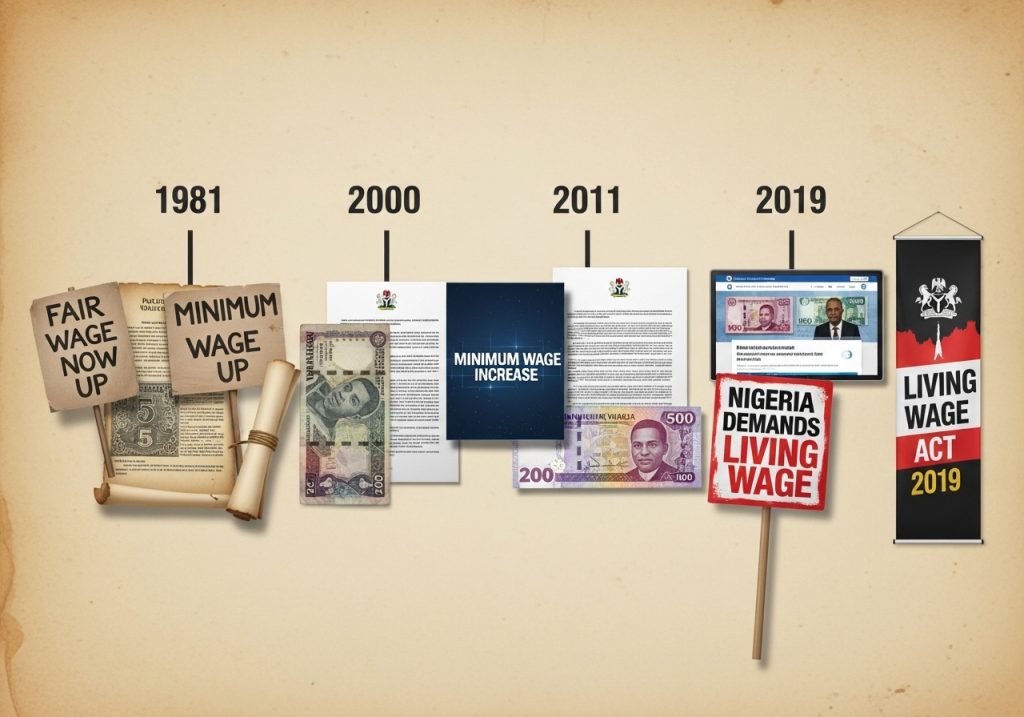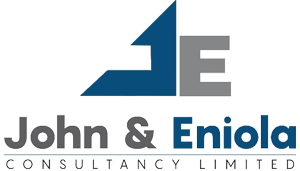Wages refer to the financial compensation paid to an employee by an employer in exchange for work done or services rendered. This compensation is often provided on an hourly, daily, weekly, fortnightly, or monthly basis, depending on the terms of the employment agreement.
In labour law, there are many types of wages, some of which include:
Types of Wages
- Minimum Wage
This is the lowest legal wage that employers should pay employees for work done. It is a baseline imposed by government to improve living standards and ensure the poorest in society have enough to meet their basic needs. It is aimed at protecting the vulnerable.
Minimum wage rates are reviewed periodically to align with prevailing economic realities. - Prevailing Wage
This is the wage rate typical to an industry or geographic location. It is the minimum wage rate that workers must be paid for a specific job classification in a given area.
It aims to regulate companies from underbidding each other, which can harm workers and the local economy. - Living Wage
This is a wage high enough to maintain a normal standard of living, providing adequate coverage for basic necessities like food, shelter, child services, and healthcare.
History of Minimum Wage in Nigeria

The minimum wage history in Nigeria has seen several changes over the years due to economic factors, labour movements, and government policies.
- Pre-independence (before 1960):
Limited regulations; wages were often set by employers with minimal government intervention. - Post-independence:
Efforts were made to establish wage standards, and the first national minimum wage policy was introduced in 1981.
Though the minimum wage in Nigeria has been reviewed a number of times, it has not kept pace with the cost of living.
Impacts of Minimum Wage Increments on the Nigerian Economy
Minimum wage reviews can have both positive and negative impacts, depending on factors such as the size of the increase, economic conditions, and the specific sectors involved.
Positive Impacts
- Reduces wage disparity
- Boosts consumer spending and standard of living
- Increases labour productivity by motivating workers
- Reduces staff turnover, saving businesses recruiting and training costs
- Improves job satisfaction, leading to better expertise and efficiency
- Boosts economic activity through increased purchasing power
Negative Impacts (Particularly in a weak economy like Nigeria’s)
- Increased unemployment, as businesses may hire fewer workers to reduce labour costs
- Higher cost of living/inflation, as increased labour costs push prices up
- Burden on small businesses that may not afford to pay the new wage
- Reduced competitiveness in certain sectors
A Better Approach to Minimum Wage Policy

Rather than periodic upward wage reviews that are not backed by real economic substance, Nigeria should focus on national economic revival and real wealth creation.
Key Areas for Economic Revival
- Enhanced infrastructure: Roads, power supply, and water
- Improved education, healthcare, and security sectors
These improvements would have a positive spiral effect on the economy and genuinely improve standards of living for the teeming populace.
Otherwise, these periodic wage reviews will just be synonymous with printing and sharing coloured papers.
The government and policymakers must consider various economic factors—such as growth rate, inflation, and sector-specific conditions—when deciding on the magnitude of minimum wage increments.
The goal should be to strike a balance between improving workers’ standards of living and maintaining economic stability.
